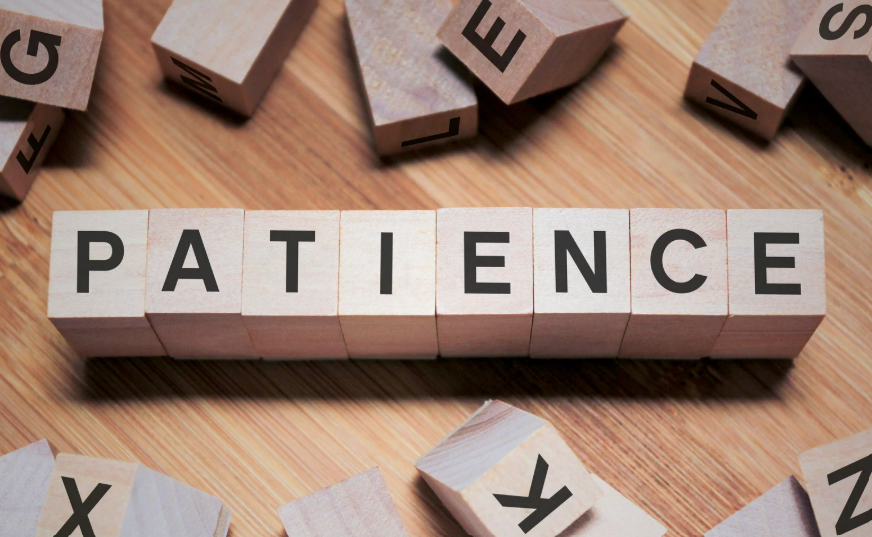We live in an age of instant gratification. With the touch of a button, food arrives at our doorstep, information appears on our screens, and entertainment streams endlessly. While technology has brought convenience, it has also fostered impatience. We have grown accustomed to quick results, and when life doesn’t move at our pace, frustration builds. Cultivating patience in this fast-paced world is not just a virtue—it’s a survival skill for mental health, relationships, and spiritual growth. In this article, we will explore why patience is essential, the dangers of a hurried life, and practical steps to strengthen this timeless virtue.
The Importance of Patience
Patience is more than waiting—it is waiting with grace. It means remaining calm and composed when outcomes are delayed or circumstances are difficult. Patience prevents us from making impulsive decisions, preserves our relationships, and aligns us with God’s timing instead of our own. Without patience, frustration controls us, leading to stress, anger, and regret. With patience, we grow resilient, thoughtful, and peaceful.
Why Modern Life Challenges Patience
Our brains are wired to expect quick results because of modern conveniences. Social media amplifies this by rewarding instant likes and feedback. Online shopping delivers packages in hours. This culture of speed conditions us to expect life itself to move instantly. Yet, personal growth, healing, relationships, and faith unfold over time. When reality does not match our expectations, we become restless.
Patience in Faith
Scripture often emphasizes patience as a fruit of the Spirit. James 5:7 says, “Be patient, then, brothers and sisters, until the Lord’s coming. See how the farmer waits for the land to yield its valuable crop, patiently waiting for the autumn and spring rains.” Patience is linked with trust in God’s timing. Impatience reflects fear and lack of control, but patience demonstrates faith that God’s plan is unfolding—even if unseen.
The Dangers of Impatience
- Stress and Anxiety: Constant urgency keeps the nervous system in fight-or-flight mode.
- Damaged Relationships: Impatience often shows up as irritability or harsh words.
- Impulsive Choices: Hasty decisions made in frustration often lead to regret.
- Spiritual Disconnect: A hurried soul struggles to hear God’s gentle guidance.
How to Cultivate Patience Daily
- Practice Deep Breathing: Slow breathing calms the nervous system and creates space for patience.
- Shift Perspective: Ask yourself, “Will this matter a year from now?” Many frustrations lose power with perspective.
- Use Waiting as Prayer Time: Whether in traffic or long lines, transform waiting into opportunities for reflection.
- Delay Gratification: Choose small ways to practice patience, like cooking instead of ordering delivery.
- Focus on Process, Not Just Outcomes: Growth happens during the waiting period, not only at the result.
Patience in Relationships
Healthy relationships require patience. People grow, heal, and change at different paces. Impatience creates pressure, but patience nurtures love and trust. By practicing patience, we allow others the time and space to develop without resentment. Proverbs 15:18 reminds us, “A hot-tempered person stirs up conflict, but the one who is patient calms a quarrel.”
The Role of Gratitude
Gratitude is a secret weapon for patience. When we focus on what we already have, we stop obsessing over what we lack. Gratitude grounds us in the present moment, reminding us that each season has value. Instead of resenting delays, we can appreciate the lessons hidden in the waiting.
Final Thoughts
Patience is not passive—it is active trust in God’s timing and the natural unfolding of life. In a culture that glorifies speed, choosing patience is countercultural, but it is also deeply liberating. When we cultivate patience, we find peace in waiting, strength in trials, and joy in the process of growth.
